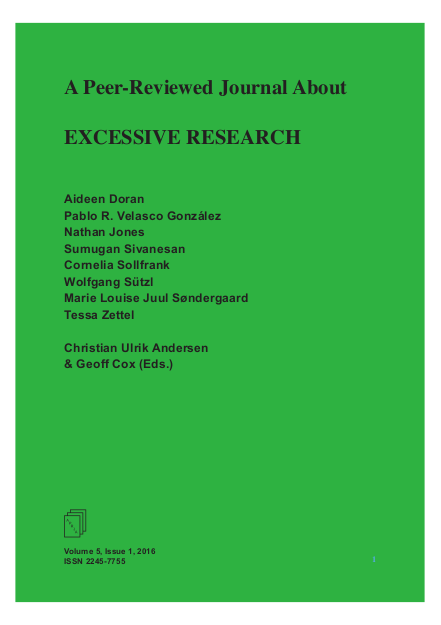Sharing the Abject in Digital Culture
DOI:
https://doi.org/10.7146/aprja.v5i1.116039Abstract
Menstruation has been picked up lately by the ‘tech’ industry. Today millions of users track their period cycle using reproductive health apps, and menstruation tracking is an integrated feature in Apple’s HealthKit software platform.The digitization of menstruation raises several questions about the cultural aspects of menstruation in an exchange economy. What happens to the cultural complexities of menstruation, and the body in general, when through digitization it changes value from excess to exchange? With this speculation I aim to investigate the relation between menstruation data as abject, taboo, and excess, in order to consider governed principles of subjectivity, intimacy, and sociality. Drawing on Georges Bataille’s notion of excess, Mary Douglas’ analysis of dirt, and Julia Kristeva’s notion of the abject, I will present a cultural analysis of menstruation tracking, including my own intervention Periodshare. Focusing on the relation between menstruation-as-dirt and data-as-purity, I will discuss complexities and ambiguities of data and the selfdisciplined quantified self as cultural objects.
Downloads
Published
Issue
Section
License

This work is licensed under a Creative Commons Attribution-NonCommercial-ShareAlike 4.0 International License.
Copyrights are held by the individual authors of articles.
Unless stated otherwise, all articles are published under the CC license: ‘Attribution-NonCommercial-ShareAlike’.
The journal is free of charge for readers.
APRJA does not charge authors for Article Processing Costs (APC)


